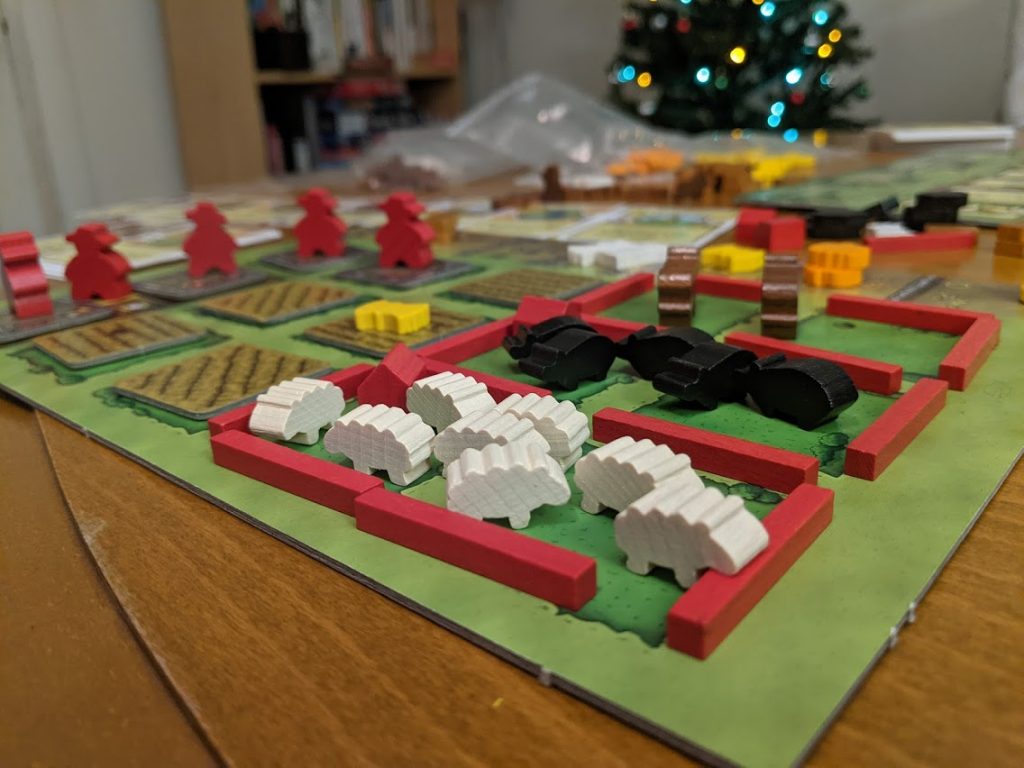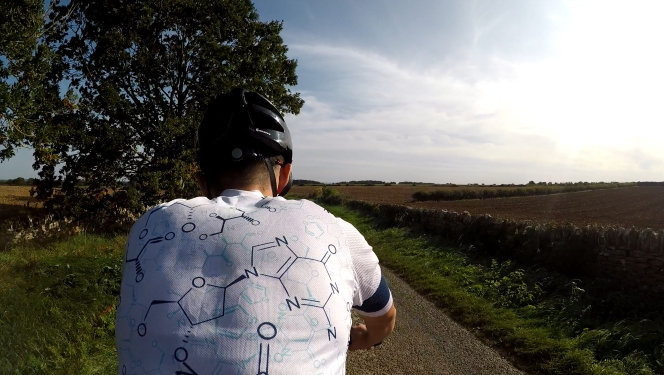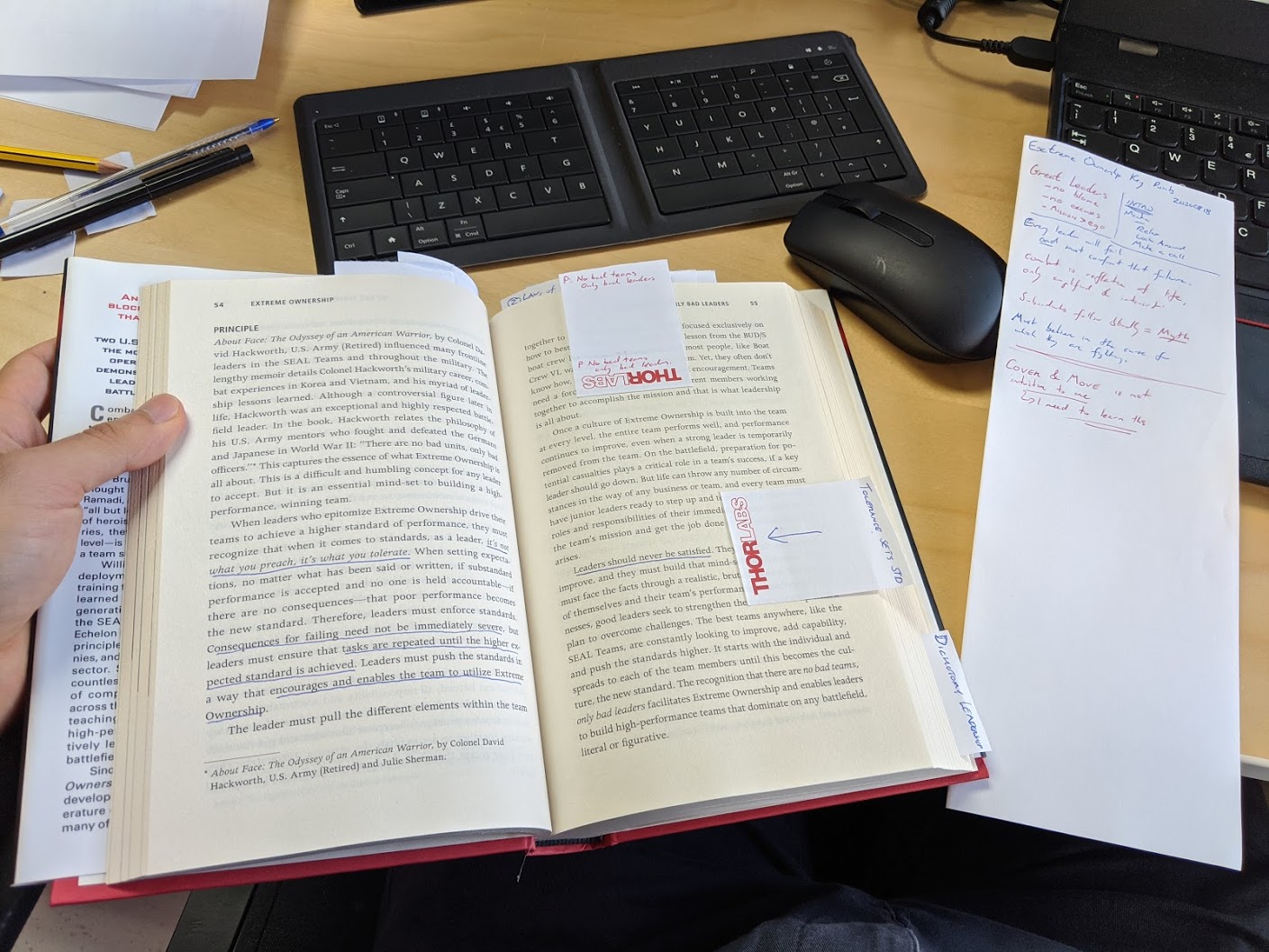This week around Christmas I have enjoyed playing board games, and learning a little more about the hobby.
Lessons from Games:
Games where success is based on a combination of skill and luck are more fun than games based purely on one or the other. Games like Chess and Go, which involve no element of chance, dominate competitive tournament play, but their ubiquity makes them less novel. They can only involve two players, so the experience is less social, and the confrontational nature is exacerbated by the skill difference leading to a known result. Chess and Go have a significant enough following on their own to sit outside the board game community. Distraction, reading about perfect information games I discovered Chess on an Infinite Plane.
Games have specialised language. Learning and speaking more about games, there is terminology that is used by enthusiasts to describe games. A glossary from website Board Game Geek gives some examples, but terms like Engine Building (not in the glossary) are commonly used in reviews.
Games are meant to be fun. It’s worth remembering that while the explicit objective of a game is for each player to try and win, the implicit goal is to enjoy that time spent with the other people playing. It’s necessary to calibrate with the group how aggressively competitive the experience is intended to be, and the pace of play (e.g. use of time limits for moves).
Be careful what to optimise for. Games are often problems of optimising for certain conditions or outcomes, and part of learning to play well is learning what needs to be optimised for. An example from the cooperative game Pandemic is that the victory condition is discovering a cure, not eradicating diseases. The temptation to work towards eradication ultimately is a distraction from the main goal.
Don’t hoard, don’t waste. Many board-games teach some resource management, be it optimising the use of turns, a currency, or pieces. Often the optimal strategy requires a balance to be found between miserly minimisation and spendthrift excess.


















